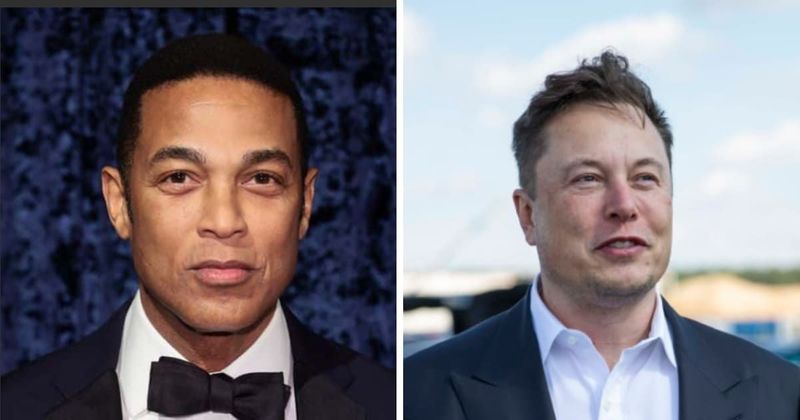In the digital age, interviews have become pivotal moments where public figures face scrutiny and questions about their actions, beliefs, and affiliations. Recently, former CNN anchor Don Lemon conducted a highly anticipated interview with Tesla CEO Elon Musk, which swiftly turned into a contentious exchange. As Lemon delved into various topics, including Musk’s political connections, drug use, and content moderation on X, tensions arose, shedding light on complex issues surrounding free speech and accountability.
Delving into the Interview Dynamics
From the onset, Lemon didn’t shy away from asking challenging questions. The interview touched on Musk’s interactions with former President Donald Trump, his controversial tweets, and his stance on content moderation. Musk, known for his candidness, appeared evasive at times, particularly regarding his discussions with Trump and his use of ketamine.
Unraveling Musk’s Views on Free Speech
Throughout the interview, Musk emphasized his commitment to free speech, positioning himself as a champion of the First Amendment. However, when pressed on X’s approach to content moderation, Musk’s responses seemed contradictory. While he defended the platform’s commitment to free expression, he sidestepped questions about responsibility and accountability, raising concerns about the efficacy of X’s moderation policies.
Navigating Controversies and Ethical Dilemmas
One of the interview’s most poignant moments occurred when Lemon confronted Musk about hate speech and antisemitic content on X. Musk’s assertion that such content remains on the platform solely if it’s not illegal sparked debate about the boundaries of free speech and the role of tech companies in combating harmful content. Lemon’s persistence in holding Musk accountable underscored the ethical dilemmas inherent in managing online platforms with billions of users.
The Aftermath: Partnership Fallout and Corporate Decisions
Following the interview, Lemon revealed that Musk canceled their partnership with X, raising questions about the extent of Musk’s tolerance for critical discourse. X Business defended its decision, citing its commitment to free speech while asserting its right to make business decisions. The fallout highlighted the complexities of corporate partnerships, free expression, and the power dynamics within digital media platforms.
Personal Reflections and Implications
As a viewer, this interview left me with mixed feelings. While I admire Musk’s dedication to innovation and free speech, his responses during the interview seemed defensive and evasive. The tension between Lemon’s probing questions and Musk’s guarded responses revealed the nuances of navigating controversies in the digital age.
Conclusion: Navigating the Boundaries of Free Speech
The interview between Don Lemon and Elon Musk serves as a microcosm of broader debates surrounding free speech, accountability, and corporate responsibility in the digital era. As technology continues to reshape our communication landscape, it’s imperative to scrutinize the actions of influential figures and the platforms they control. Ultimately, fostering meaningful dialogue while upholding ethical standards remains paramount in shaping a more equitable and inclusive online environment.

